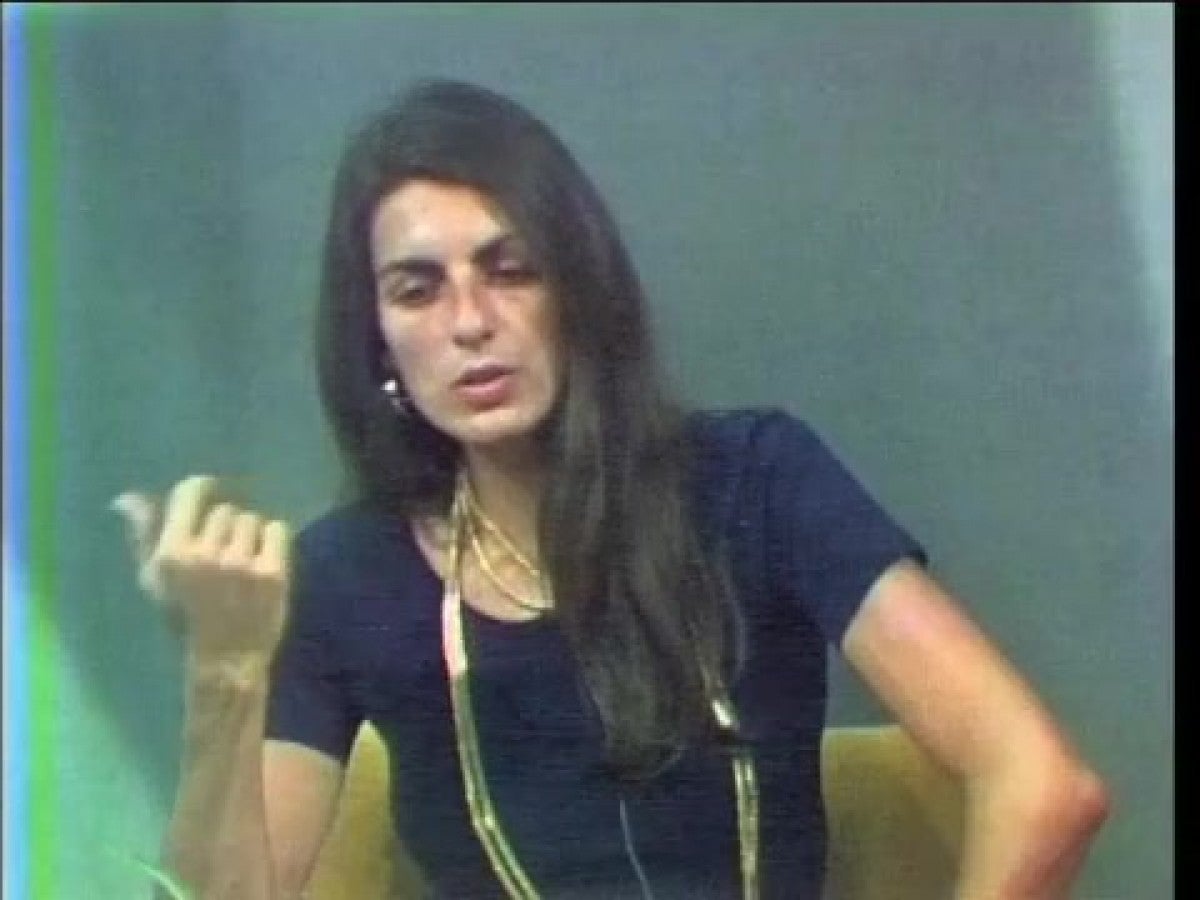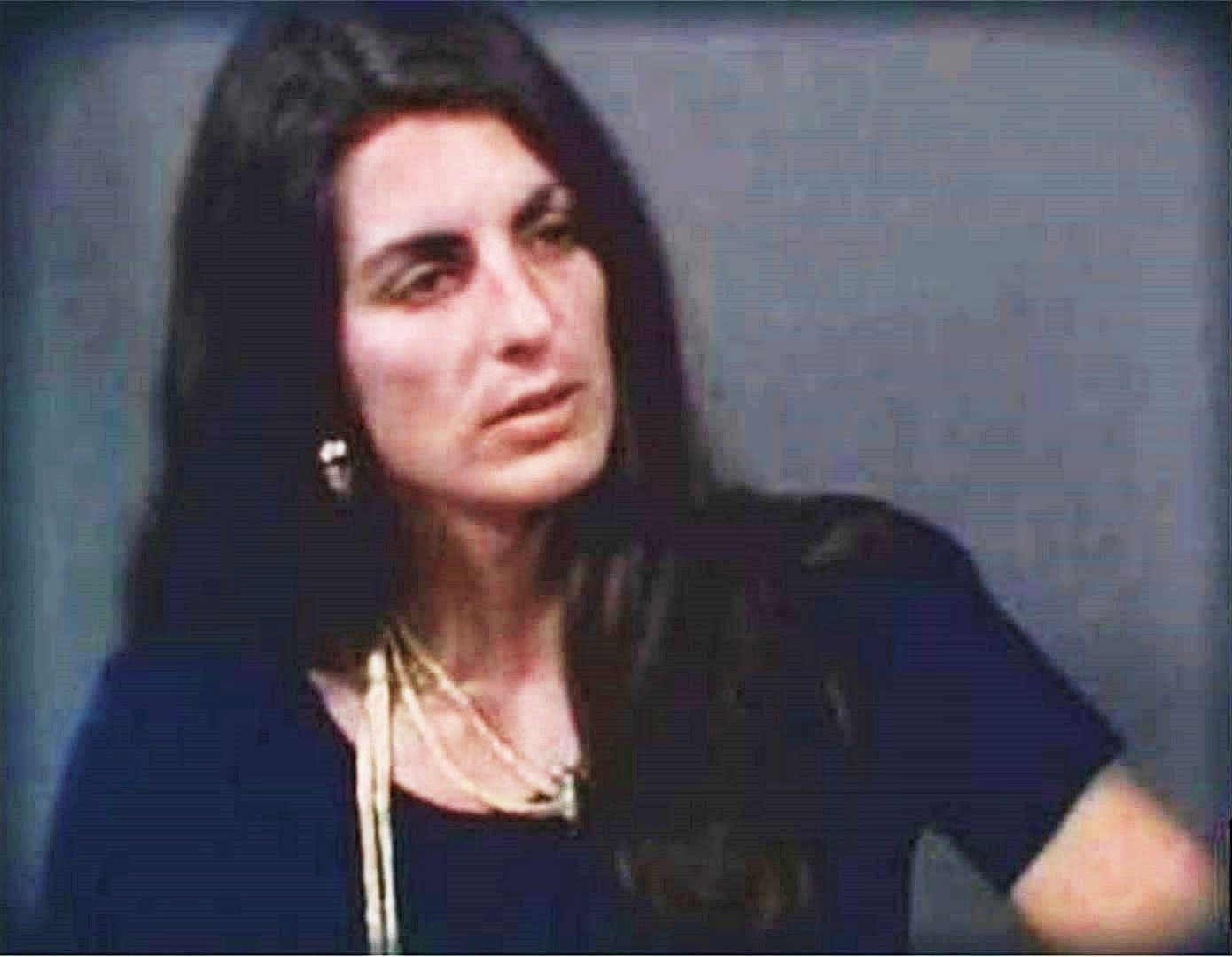Could the pursuit of truth, a career in journalism, truly lead to the ultimate act of self-destruction? The tragic story of Christine Chubbuck, a news reporter who took her own life on live television in 1974, serves as a haunting testament to the unseen battles waged within, and the often-unforgiving nature of the world she inhabited.
The chilling events of July 15, 1974, unfolded in Sarasota, Florida. At approximately 9:30 a.m., viewers tuning into the local news program "Suncoast Digest" on channel 4 witnessed an unthinkable event. Christine Chubbuck, a 29-year-old television reporter, delivered the news, then pulled out a revolver and shot herself in the head. The act, shocking in its immediacy and finality, would be seared into the memories of those who saw it, and cast a long shadow over the world of journalism and mental health.
| Category | Details |
|---|---|
| Full Name | Christine "Chris" Chubbuck |
| Date of Birth | August 24, 1944 |
| Place of Birth | Hudson, Ohio, USA |
| Date of Death | July 15, 1974 |
| Place of Death | Sarasota Memorial Hospital, Sarasota, Florida, USA |
| Education | Miami University (Ohio), Degree in Broadcasting. |
| Known For | News Reporter, Suicide on Live Television |
| Career | News Reporter at WXLT-TV (Channel 4) in Sarasota, Florida |
| Professional Information | Known for excellent journalism skills and quirky personality, Often reported on local issues and conducted interviews. |
| Link for Reference | Christine Chubbuck - IMDb |
The immediate aftermath of the tragedy was one of stunned disbelief. Thousands of viewers across the Sarasota area had witnessed the horrifying event unfold. The station quickly cut to a commercial break and, later, a film. Chubbuck was rushed to Sarasota Memorial Hospital, where she was pronounced dead fourteen hours later. The story immediately made headlines, not just locally, but across the nation, and even around the world. It was a dark stain on the history of television, marking the first and only instance of a suicide committed live on air.
- Watch Bollywood More Free Movies On Bollyflix
- Trending Qarxis Somali Wasmo Telegram Channels Join Now
The events leading up to that fateful morning remain the subject of speculation and investigation. Christine Chubbuck had, according to those who knew her, been battling depression for some time. She had spoken openly about her struggles with suicidal thoughts to family and colleagues. Her family later revealed the depth of her despair, a despair that, despite its presence, seemingly remained hidden from many. This dichotomy - the outwardly professional and competent journalist versus the inwardly suffering individual - is a key element of the tragic narrative.
At WXLT-TV, where Chubbuck worked, she was known for her dedication to her craft. She was respected for her journalistic skills and her ability to connect with her audience. However, she was also known for her quirky personality, a trait that some found endearing, and others may have misinterpreted. The pressure of the job, the demanding schedule, and the competitive environment of local television likely played a role in the build-up of stress that ultimately led to the tragedy. The world of local news can be a pressure cooker, a place where reporters are constantly striving to uncover the next big story, often under tight deadlines and with limited resources.
The response to Chubbuck's act was complex. The immediate focus was, understandably, on the family. The family requested that all copies of the video of the suicide be destroyed, a request that was, and remains, largely respected. This speaks to the family's profound grief and their desire to protect their loved ones memory from the morbid fascination of the public. The decision ensured that the final, desperate act remained private, shrouded in a veil of mourning.
- Top Vegamoviesnl Alternatives How To Watch Movies Online 2024
- Missing Results Finding Your Movies Series With Justwatch More
The details of the broadcast itself are also a matter of record, though the primary source the video remains inaccessible to the public. According to reports, Chubbuck had prepared her segment as usual. She began by reporting on a recent shooting at a local restaurant, then pivoted to her own story. She stated that, in accordance with station policy, she would be presenting a live report of a suicide attempt, and then pulled out a gun and shot herself. The deliberate nature of the act, the chillingly matter-of-fact announcement, only amplified the horror.
The incident, while undeniably shocking, also sparked a period of intense introspection about the pressures faced by journalists, the treatment of mental illness, and the ethics of media. It forced a conversation about the potential impact of the media on vulnerable individuals and the responsibility of news organizations to protect their employees. It prompted soul-searching within the television industry about the importance of mental health support and the need to recognize the signs of distress. The tragedy brought the topic of mental health, suicide in particular, to the forefront, a conversation that was long overdue.
The story of Christine Chubbuck has, in recent years, experienced a resurgence of interest. This renewed attention is fueled by a combination of factors, including the increasing awareness of mental health issues and the enduring fascination with true crime and the dark side of human nature. Two films released in 2016 attempted to unravel the events leading up to her suicide: a documentary and a narrative film, "Christine", starring Rebecca Hall. The films revisited the events surrounding her death, seeking to understand the motivations behind her actions.
In the narrative film, "Christine", the film explored the protagonist's struggles with feelings of loneliness, professional frustration, and a deep-seated yearning for connection. The film showcased her awkward social interactions, her difficulty forming relationships, and her growing sense of isolation. These were, in essence, the ingredients in the emotional storm that tragically consumed her.
Her brother, Greg Chubbuck, has stated that the tape of the broadcast would likely never be found. He believes that the familys wish for privacy should be honored. This adds to the mystery surrounding the case, and ensuring that the story will likely retain an aura of elusiveness. The absence of the primary evidence the video itself forces those who seek to understand her to rely on fragmented accounts and interpretations, rendering the task of truly understanding her impossible.
The case continues to be studied as a landmark example in the study of mental health. It is a cautionary tale, one that underscores the importance of acknowledging the struggles of those around us and the critical need for mental health resources. It serves as a reminder that behind the smiles and public personas, there can be a hidden battle being waged. The impact of the incident continues to resonate today, serving as a crucial, and very real, wake-up call.
In a cultural echo, the events surrounding Christine Chubbuck are thought by some to have influenced the plot of the 1976 film, Network, written by Paddy Chayefsky. In the film, a news anchor, Howard Beale, played by Peter Finch, announces he will commit suicide on live television. While the script deviates from the tragic reality of Chubbucks death, it touches upon the themes of media exploitation and the dark underbelly of the television news industry. The parallels offer a chilling commentary on the potential for the media to be both a reflection of societys anxieties and a catalyst for dramatic events.
The legacy of Christine Chubbuck is complex and multifaceted. She is remembered, above all, for the final act of desperation that made her an infamous figure in broadcasting history. But she should also be remembered for her dedication to her profession, the work she did to provide news and information to her community, and for the human vulnerability that ultimately defined her. Her story continues to be a crucial reminder that mental health issues can affect anyone, and the importance of reaching out for help when facing crisis. The tragedy that played out on the morning of July 15, 1974, stands as a lasting testament to the power of human suffering and the enduring need for compassion, understanding, and a commitment to mental well-being.
If you or someone you know is struggling or in crisis, help is available. Please seek support from mental health professionals and support services.
- Trending Now Nude Content Virtual Influencer Updates
- Chlomayy Onlyfans Leaks More Uncensored Content


